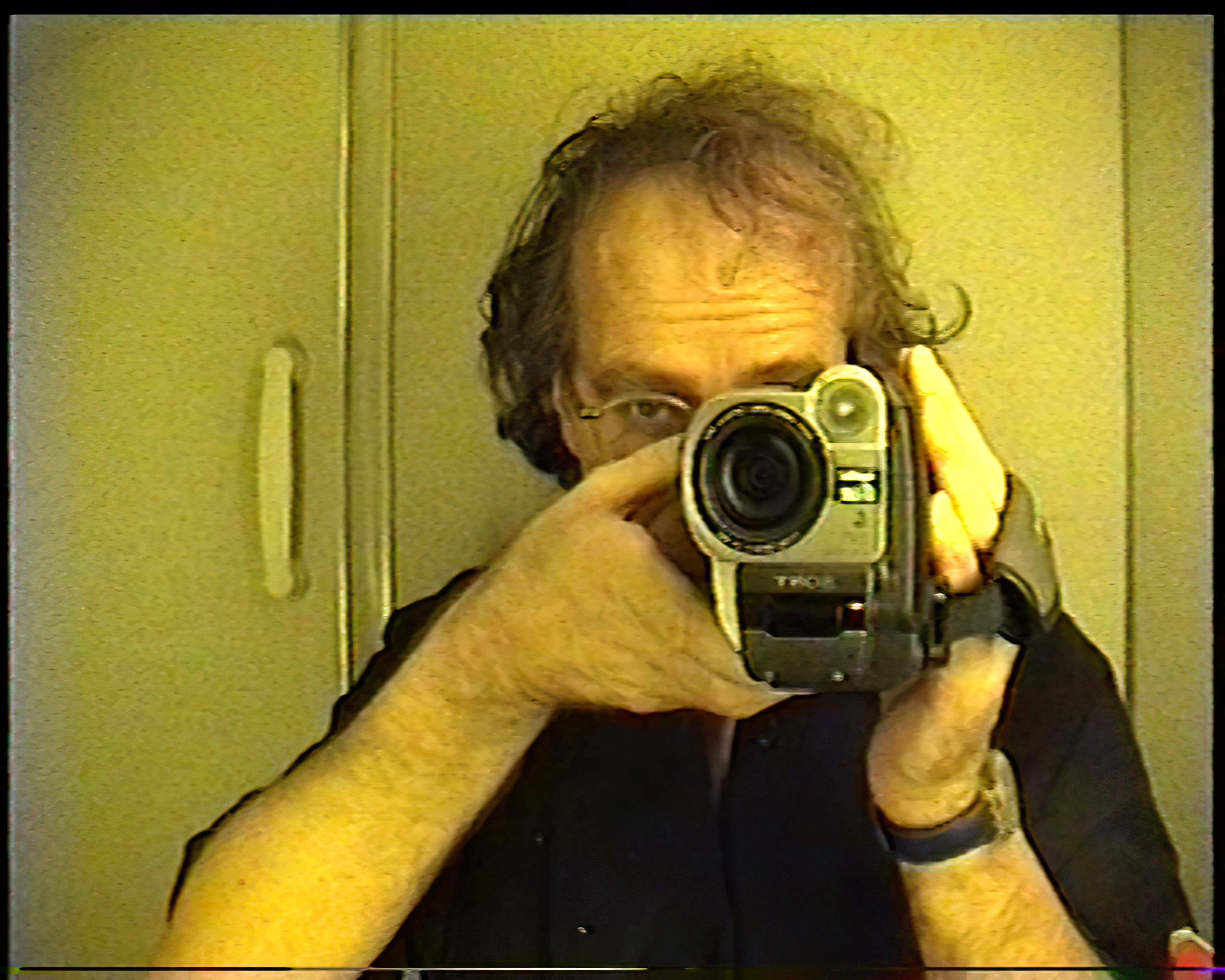Il panorama delle vicende umane incontra l’uomo con la macchina da presa. Il suo campo da gioco non ha confini, la sua curiosità non ha misura. Personaggi, situazioni e luoghi si accampano nel vissuto di un’umanità che è al contempo colei che vede e la cosa vista. Ma cosa sono gli ultimi giorni di questa umanità? Sono già trascorsi? Sono adesso o da venire? Nell’attesa gli astronauti dell’Atalante, nei loro sogni prometeici, incontrano la propria immagine in una bolla d’acqua. Il pilota spinge il suo bolide alla follia, in soggettiva, tra paura e desiderio. Lungo i tragitti dei piroscafi a mare aperto, una carezza, un affetto. Allo specchio, camera in mano, si verifica, certo sempre incertamente, la propria cattura dentro quella corta, troppo corta, unità di tempo. Ma quello che abbiamo imparato è che non c’è una durata. Tutto quello che toccano diventa tempo, diventa azione, attesa e speranza, ricorda Demetra all’umano affaccendarsi. Frammento di frammenti. Per compiere un gesto che sfugga la malinconia e la giochi in un movimento addirittura impossibile. Il teatro di Marte di Kraus non ha ancora aperto, eravamo occupati ad anarchiviare. E questo dramma non può avere altro spettatore che l’umanità.
Nella prima pagina del diario di Franz Kafka, un appunto: «Gli spettatori impietriscono quando passa il treno». Scorrono centinaia di ore di nastri. enrico ghezzi conversa con il filosofo Emanuele Severino: Non si pensa adeguatamente la frattura vera che porta il cinema nella storia, quella che siamo abituati a pensare come storia dell’umanità. Il cinema è il primo momento in cui il mondo si rivede. Poi sappiamo che è finto, che è un trucco, che sono fotogrammi singoli, ma mentre la fotografia è un istante ghiacciato, col cinema rivediamo un cavallo, il mondo si rivede e questo di per sé è un avverarsi che non si pensa…
Cut.
«Se i tuoi occhi ti offendono, strappali!», ammonisce il predicatore.
Regia
enrico ghezzi, Alessandro Gagliardo
Soggetto
Alessandro Gagliardo
Sceneggiatura
enrico ghezzi, Alessandro Gagliardo
Montaggio
enrico ghezzi, Alessandro Gagliardo
Musica originale
Iosonouncane
Suono
Giuseppe D'Amato, Alessandro Gagliardo, Marco Saitta (Montaggio del suono); Marco Saitta (Missaggio Sonoro)
Altri credits
Maria Héléne Bertino, Caterina Bianco, Rosalia Cecere, Federico Decandia, Michele De Finis, Gianvito D’Orio, Renato Grieco, Antonio Raia, Maria Vittoria Rossi, Matteo Attilio Sardo (Sonorizzazioni, vocalizzi e fischi); Silvia Maglioni, Graeme Thomson, Giuliana Zeppegno (Traduzioni e sottotitoli)
Interpreti
Aura Ghezzi e con le voci di Adelchi Ghezzi, enrico ghezzi, Toni Servillo
Organizzatore generale
Gabriele Monaco
Produzione esecutiva
Armando Andria
Produttore
Gabriele Monaco
Produzione
Matango, con RAI Cinema e Luce Cinecittà; in ass.ne con Minerva Pictures, Cinedora, Parallelo 41 Produzioni.
con il sostegno di Film Commission Torino Piemonte -
Piemonte Doc Film Fund - produzione giugno 2021; Regione Lazio - Fondo regionale per il cinema e l'audiovisivo; Regione Campania - Fondazione Film Commission Regione Campania
Premi e festival
79. Mostra Internazionale d’Arte Cinematografica La Biennale di Venezia Fuori Concorso – Non Fiction
